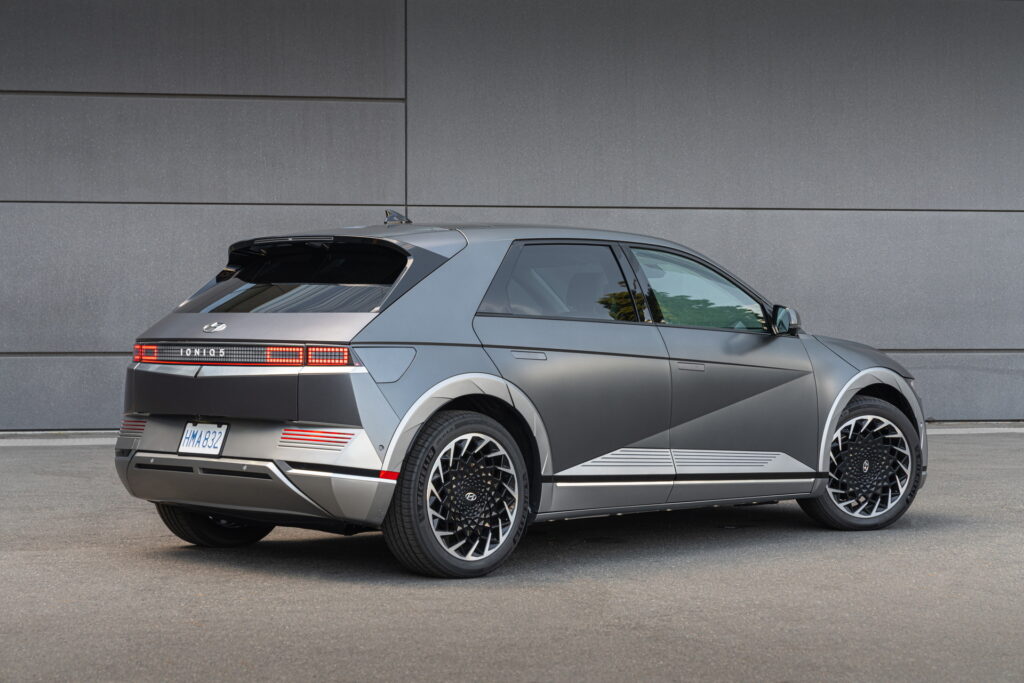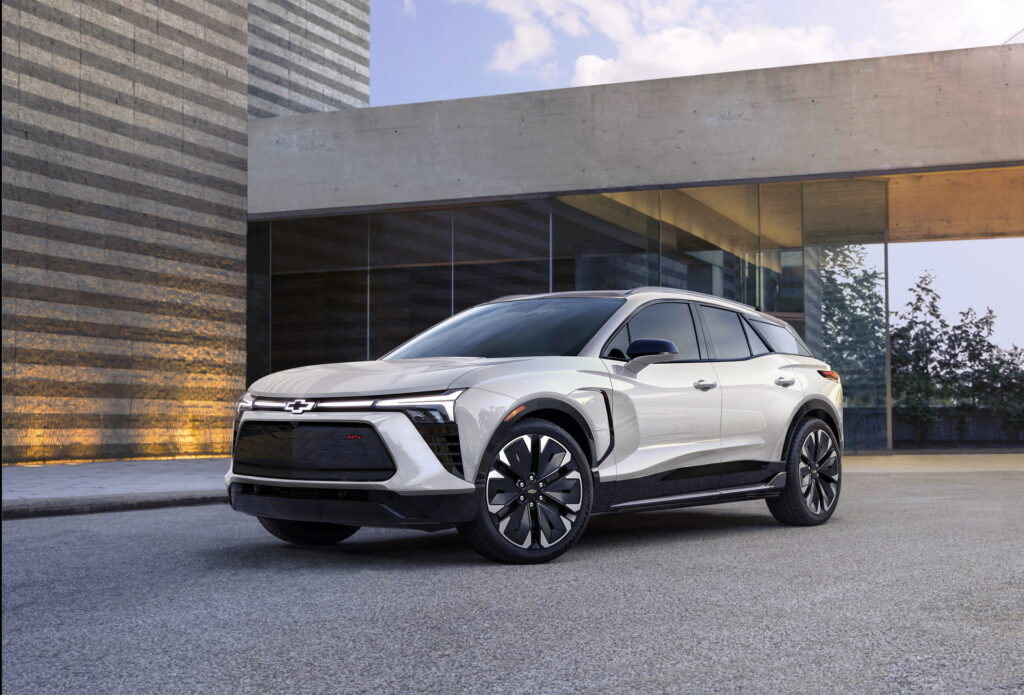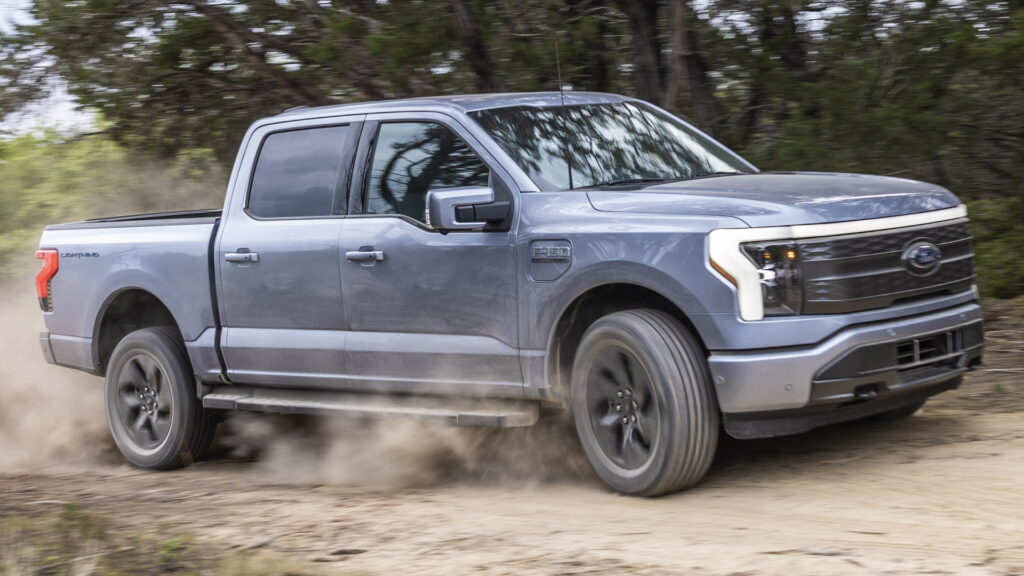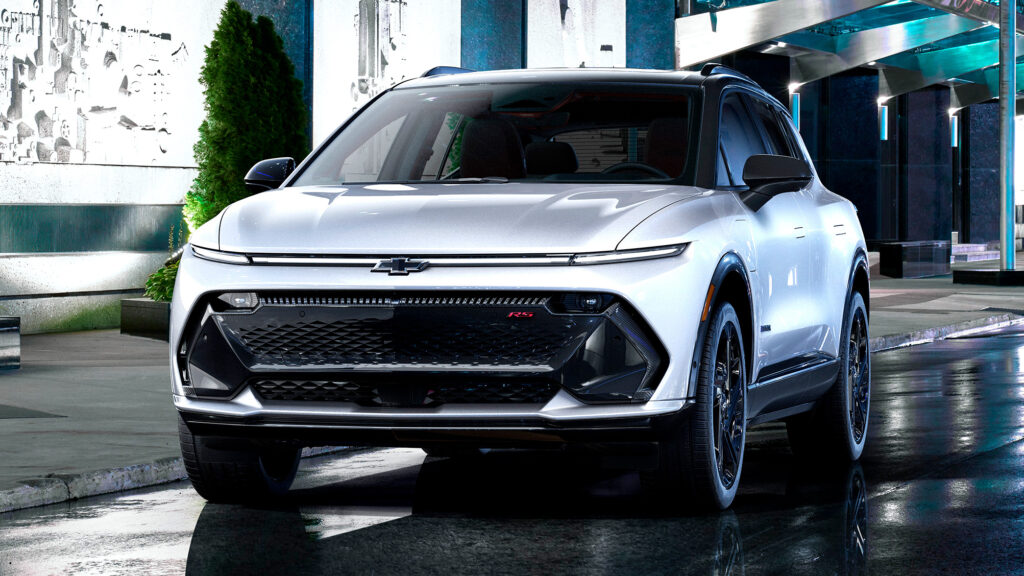The U.S. Treasury Department announced today that electric cars purchased by leasing companies can qualify as commercial vehicles, for tax credit eligibility purposes. In theory, from January 1, 2023, electric vehicles leased by consumers can benefit from up to $7,500 in commercial clean vehicle tax credits, albeit for a limited time only as these specific rules are believed to last only for a few months. The key word here is ‘commercial’, as it means some cars assembled outside North America are also eligible for the credit.
The generous interpretation should make it easier for more vehicles to qualify for a $7,500 tax credit under the Inflation Reduction Act, but confusion still reigns supreme as the rules for which vehicles do and do not qualify for subsidies continue to be written. According to Reuters, the Treasury said that it has applied “longstanding tax principals” in determining that vehicles purchased by leasing companies, rental companies, ride-share services, and others would qualify for credits under the commercial category.
That’s important, because under the commercial EV tax credit system, vehicles can be built outside the United States and have their parts sourced from countries that would disqualify them from being eligible for the more consumer-focused credits. As a result, leasing companies could buy the vehicles at a discount, and pass those savings on to lessees.
Read: New $7,500 EV Tax Credit Passes Senate, Requires Carmakers To End Reliance On Chinese Batteries

The new ruling is likely to please Asian manufacturers, especially those from South Korea, whose government was particularly opposed to restrictions established by the IRA. The ruling, though, angered Senator Joe Manchin III, per the New York Times. He accused the Biden administration of bending to automakers and undermining the policies that were intended to “bring our energy and manufacturing supply chains onshore.” In response, he has pledged to introduce legislation to block “this dangerous interpretation from Treasury from moving forward.”
That’s not the only part of the Inflation Reduction Act that is unsure, though, as rules for consumer tax credits continue to be clarified. Although the government has put out a list of vehicles that will qualify (including vehicles from Stellantis, Ford, Jeep, Lincoln, Nissan, and Rivian), it is not complete and will be added to “over the coming days and weeks,” according to the Treasury.
It is anticipated that vehicles from GM and Tesla will also be eligible for the new tax credits, since the 200,000 vehicle cap that prevented them from being eligible for the previous credits has now been abolished.
Greater uncertainty is being caused by coming rules for EV battery sourcing that require the minerals and components in them to be composed of materials, at least 40 percent of which were processed in America, or by one of its trade allies. The trouble is that the act does not define what a trade ally is. So far, the Treasury is including countries like Chile, Nicaragua, and Singapore, but not the European Union, which has led to tensions.

Those rules won’t be solidified until at least March, though. Consumers may, therefore, be incentivized to start shopping now in order to get an EV before the new sourcing rules are introduced. According to industry experts, it’s possible that no vehicles will immediately qualify for consumer tax credits when those rules introduced.
If the Treasury decides to interpret the rules strictly, it may be a matter of months or years before automakers can establish supply lines that allow them to benefit from the full consumer tax credits. To help consumers parse all of this information, the Department of Energy will continue to update its list of cars that qualify for full tax credits as that list evolves.





